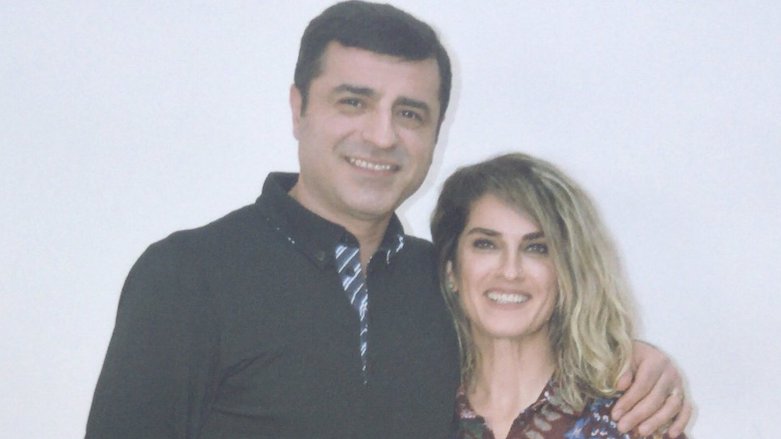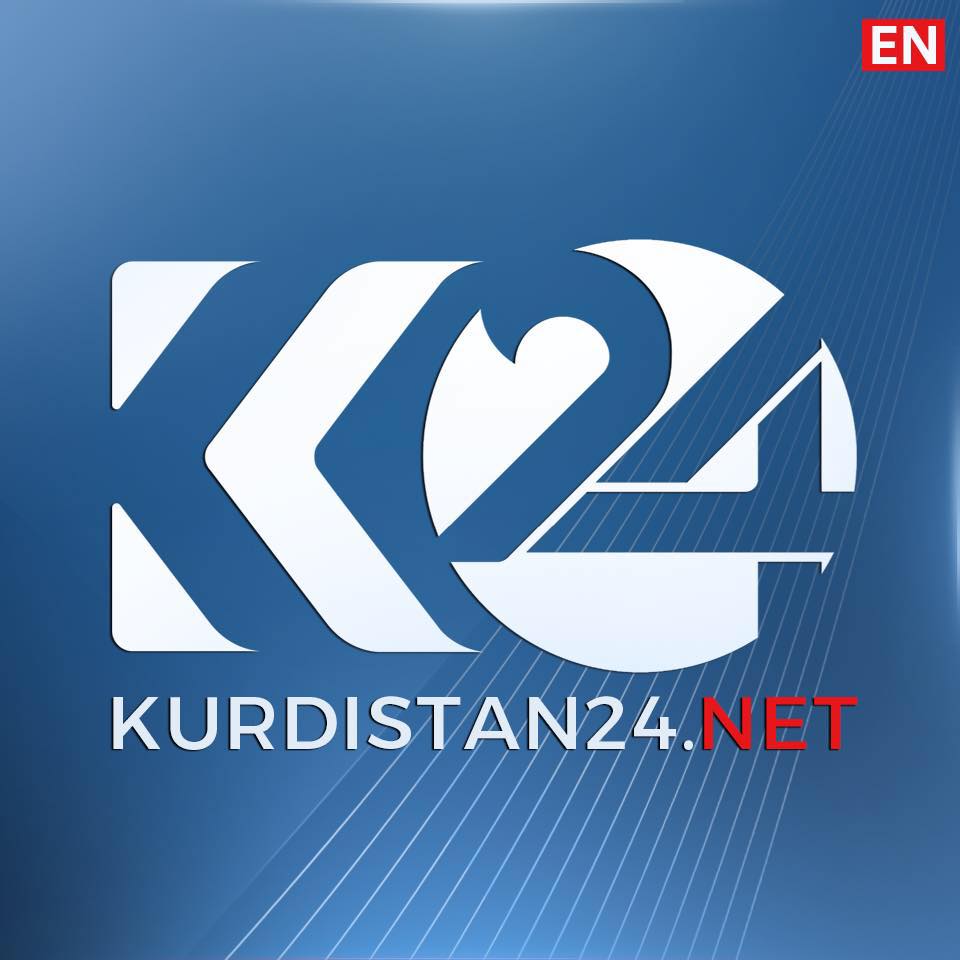Still in Turkish prison, Demirtas supports Kurdish language preservation

ERBIL (Kurdistan 24) - Selahattin Demirtas, the jailed former leader of Turkey's Kurdish opposition voiced support for efforts to preserve the Kurdish language in a letter Friday from the prison in which Turkish authorities have held him for the past two years.
"I am very pleased with Kurdish parties' decision about our mother language. I wholeheartedly back every attempt for the Kurdish language to be used without hindrance and freely in every aspect of life including education, business, society, and politics," Demirtas wrote in Kurdish in the letter his lawyers delivered to the outside world.
Despite Kurdish being the mother tongue of over a fourth of Turkey's population, by some estimates, the Ankara government still forcefully retains a policy of linguistic Turkification that has at times amounted to what could be called linguicide.

Demirtas, the former Co-chair of the Peoples' Democratic Party (HDP) and a previous presidential candidate was detained and promptly put in prison in November 2016 along with nine other lawmakers in a crackdown that purged President Tayyip Erdogan's political rivals shortly after a failed military coup attempt.
Earlier this week, representatives from nine Kurdish parties and factions gathered at a workshop in the city of Diyarbakir where they put out a joint statement urging people to prioritize Kurdish in their daily life and demanding that Turkey enshrine Kurdish as the second official national language.
Although often regarded as the heart of Kurdish liberation movement, Diyarbakir is one of a score of Kurdish cities where Turkish has effectively replaced Kurdish as the conventional means of everyday communication.
"We extend our people's cry against the assimilation policy [by Turkey] to the United Nations, UNESCO, European Union, and the European Commission," the statement read. "We demand their help in preserving our mother language."

According to a 2016 UNESCO report, among other minority languages in Turkey, the Kurdish dialects of Zazaki and Sorani (found in central Anatolia around the Turkish capital of Ankara) are especially vulnerable to extinction due to linguistic suppression that began in the immediate aftermath of Mustafa Kemal Ataturk's proclamation that Turkey was an ethno-centric republic.
Demirtas himself spoke little Kurdish until recently, though he has made progress in teaching himself both his native Zazaki and the more prevalent Kurmanji during his stay in the supermax prison in Turkey's northwesternmost Edirne Province.
Editing by John J. Catherine
